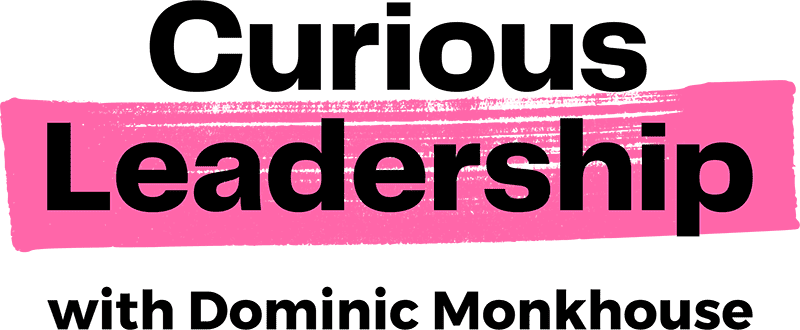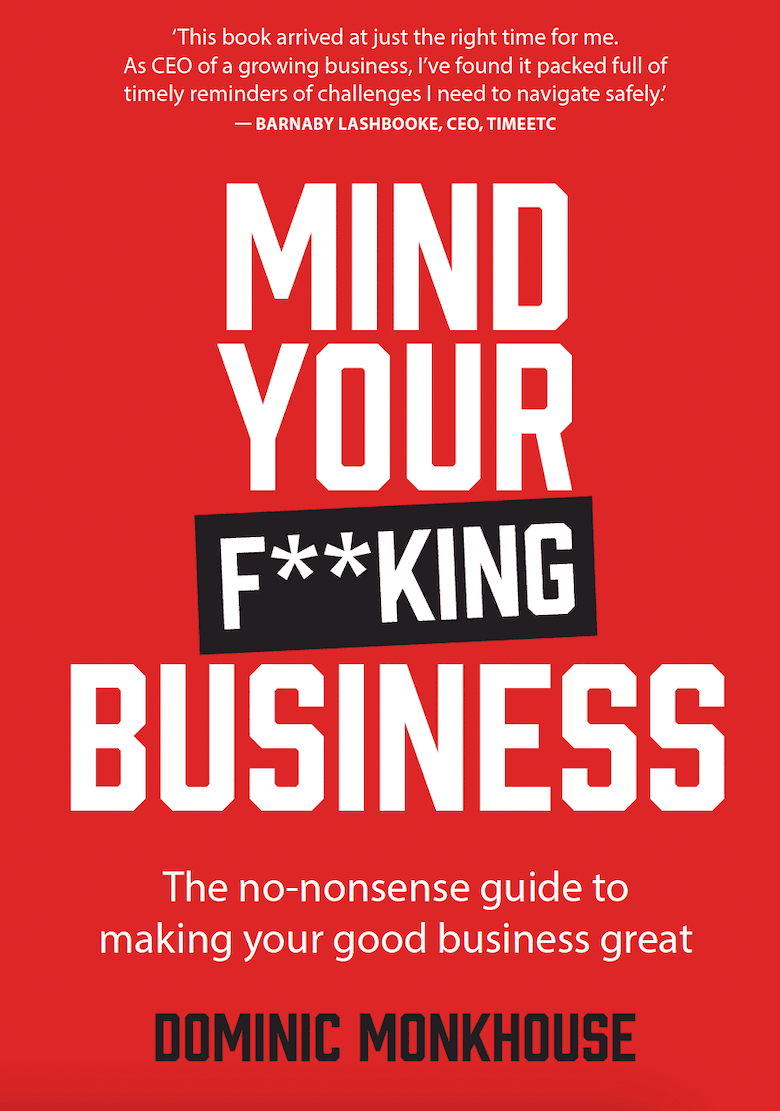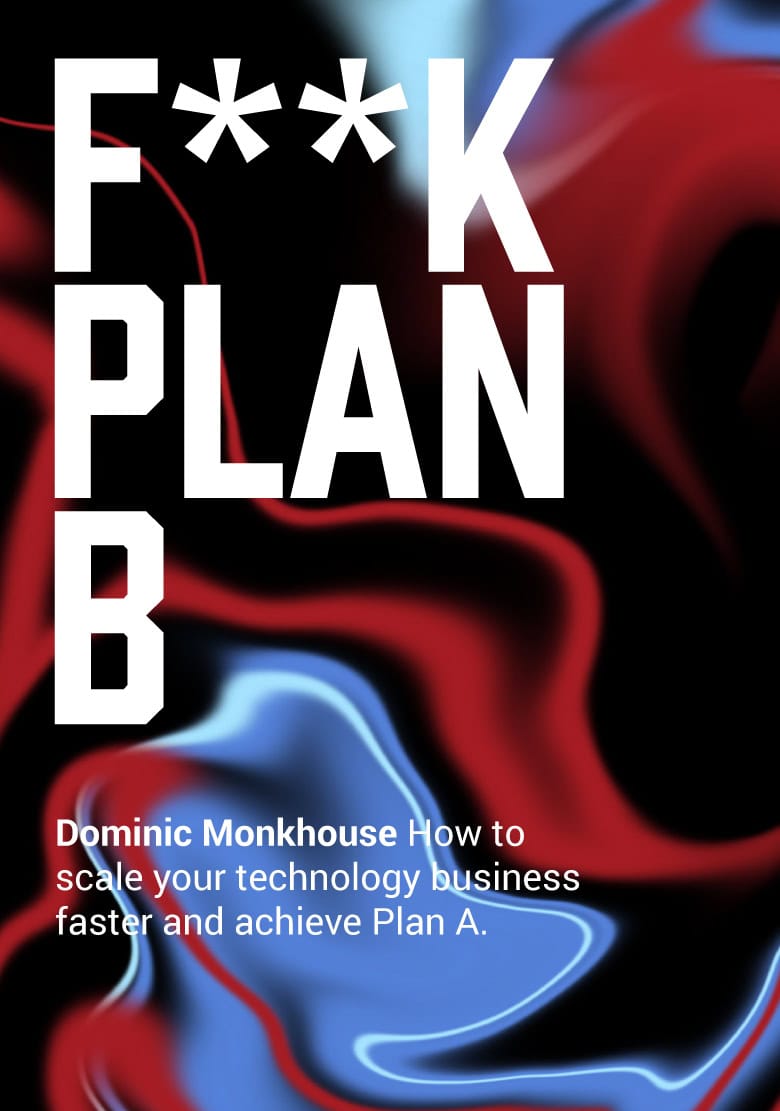
Valuable Insights
Explore our curated resources to help you grow both individually and as an organisation.

Podcast

Join Dominic Monkhouse fortnightly as he unlocks the trailblazing insights from the minds of top strategists, investors, and entrepreneurs.
Latest Blogs

Find your true north: Defining your company’s purpose
Your company’s purpose is its true north—guiding decisions and inspiring your team beyond profit.

Starting with WHO: Jim Collins’ framework for building a purpose-driven business
Success starts with who—identify the right customer, define your purpose, set a bold mission, and build a business that thrives.

How the Stockdale Paradox can help you grow your business
Embrace the Stockdale Paradox: confront harsh realities while maintaining unwavering faith in your business's ultimate success.

Scale Up Tools

Why the Gallup Q12 is the best tool for growth
Why this is the best employee engagement survey for scaling up I love the Gallup Q12 survey. It’s a fantastic

What is ‘Profit Per X’ (and Why is it Powerful?)
Here’s a deceptively simple question. What type of business are you really in? Do you know where your profit comes

How To Write a Powerful BHAG For Your Business
Ever feel like you need an interpreter? Acronyms are everywhere in business. They’ve become a language in their own right,

The four super-powers that great managers need
Cast your mind back. Have you ever worked for a bad manager? Can you remember how you felt? Frustrated? Despaired?



